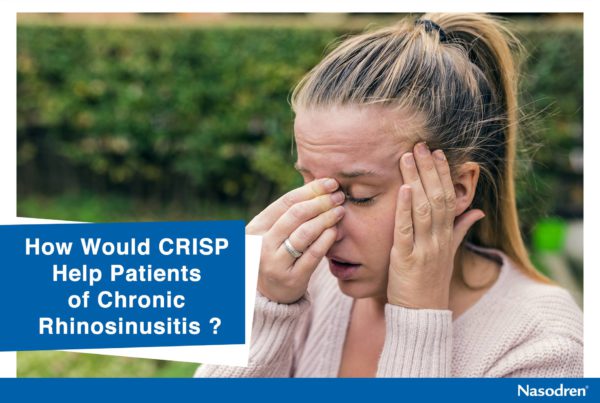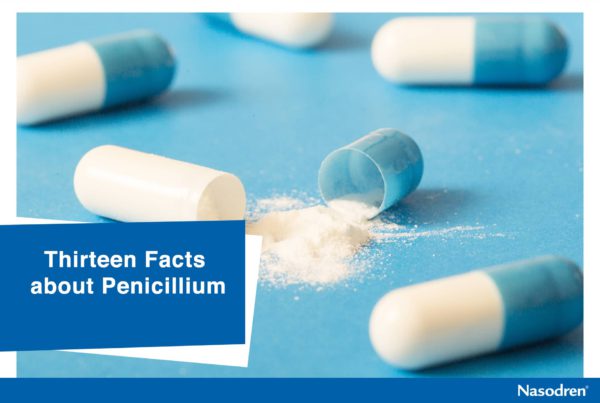Review of traditional Chinese formula Bi Yan Pian
There are several Chinese formulas that improve symptoms-sinus infections, but Bi Yan Pian is one of the most popular ones. The words “Bi Yan Pian” mean “nose inflammation pill.” The National Pharmaceutical Exhibition awarded Bi the “High Quality (Silver Medal) Seal.” The patented formula does not have side effects of antihistamines, such as dry mouth and drowsiness.
Uses
Bi Yan Pian, the Chinese rhinitis tablet manufactured by Hankow-based Chung Lien Drug Works, helps in relieving symptoms-sinus infections and chronic and acute rhinitis. The tablet treats inflammation and clears nasal channels. The tablet helps in healing headaches secondary to sinusitis. Bi heals sinus congestion due to “wind heat” and “wind cold.” Bi Yan is also indicated in nasal infections in which discharge resembles pus. Bi is commonly used to treat runny or stuffy nose due to flu and common cold.
Ingredients
According to the Chinese Pharmacopoeia, the principal components of the formula include Fructus Xanthii (Cang Er Zi) and Flos Magnoline Liliflorae (Xin Yi). Other ingredients are Radix Angelicae Dahuricae (Bai Zhi), Radix Platycodi (Jie Geng), Radix Glycyrrbizae (Gan Cao), Herba Asari (Xi Xin) and Herba Ephedra (Ma Huang). However, the composition of the tablets slightly vary from market to market, as, for instance in the European market, Xi Xin and Ma Huang are banned. The tablets sold in the market are thus devoid of these ingredients.
The tablet is also available in natural-food stores and supermarkets across the United States of America. Even acupuncturists sell the tablets and / or tea. The U.S. Food and Drug Administration (FDA), however, stated that Bi is a dietary supplement because it is an herbal formula and herbs cannot heal pathological disorders.
Scientific evidences
Due to very little scientific data supporting its effectiveness, the West doubts medical properties of the formula. For instance, Massachusetts-based Natural Standard Research Collaboration, engaged in evaluation of natural therapies, concluded that in the absence of evidences they could not even grade the formula. On the other hand, in 2009, a study published in the Journal of Alternative and Complementary Medicine stated that Bi Yan Pian tea treats chronic symptoms-sinus infections and severe inflammation of the nasal channels. The study was conducted at Atlanta-based Morehouse School of Medicine. During the study, a small group of patients was given tea containing the 11-herb formula. The researchers observed an improvement in sleep, nasal congestion and headache symptoms.
Although medical community is divided over efficacy of the formula, it is used to treat a number of symptoms. However, presence of some of the banned ingredients in the formula requires a consultation with your doctor before administering it.







